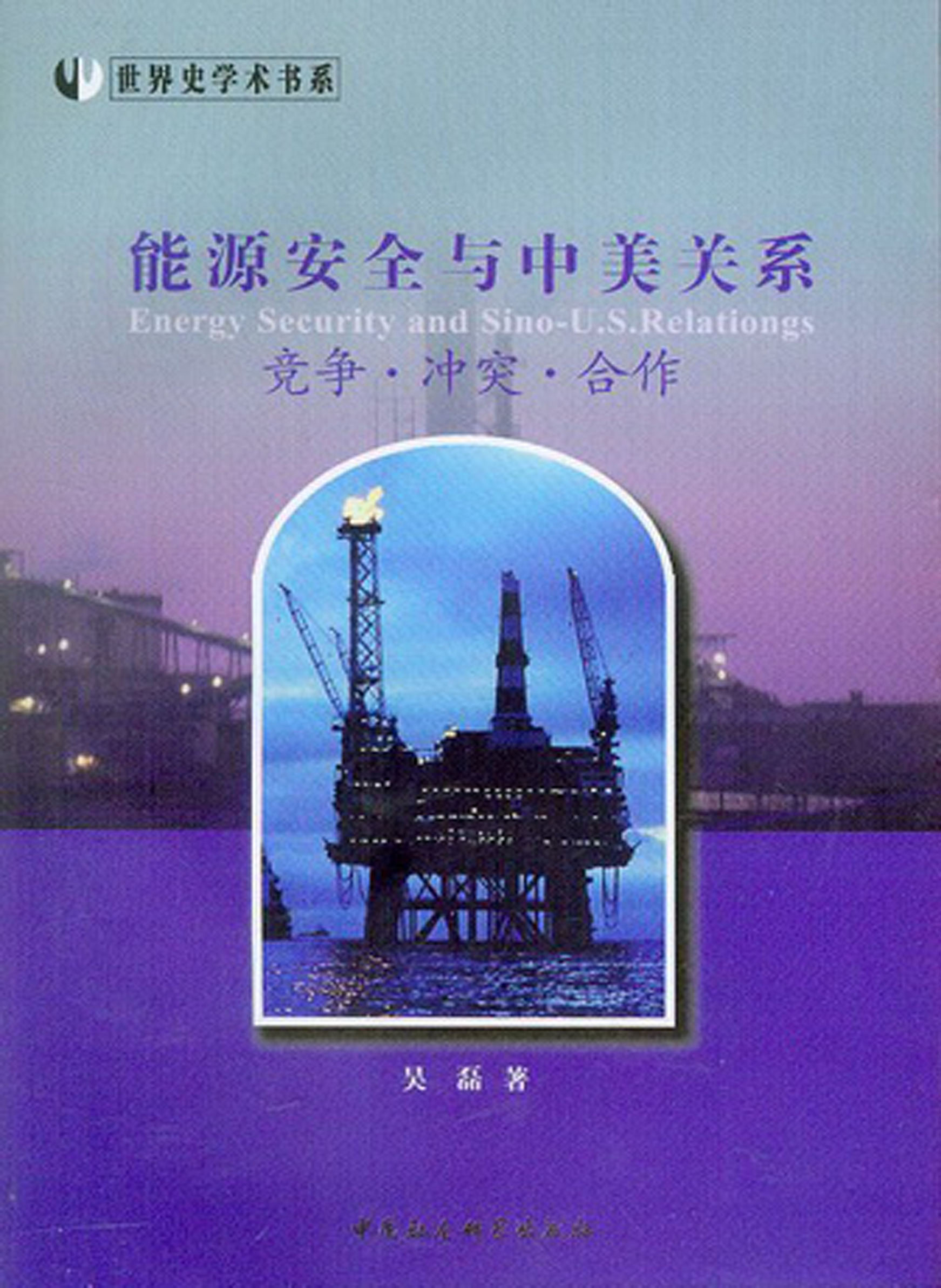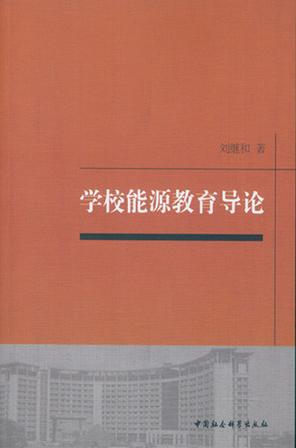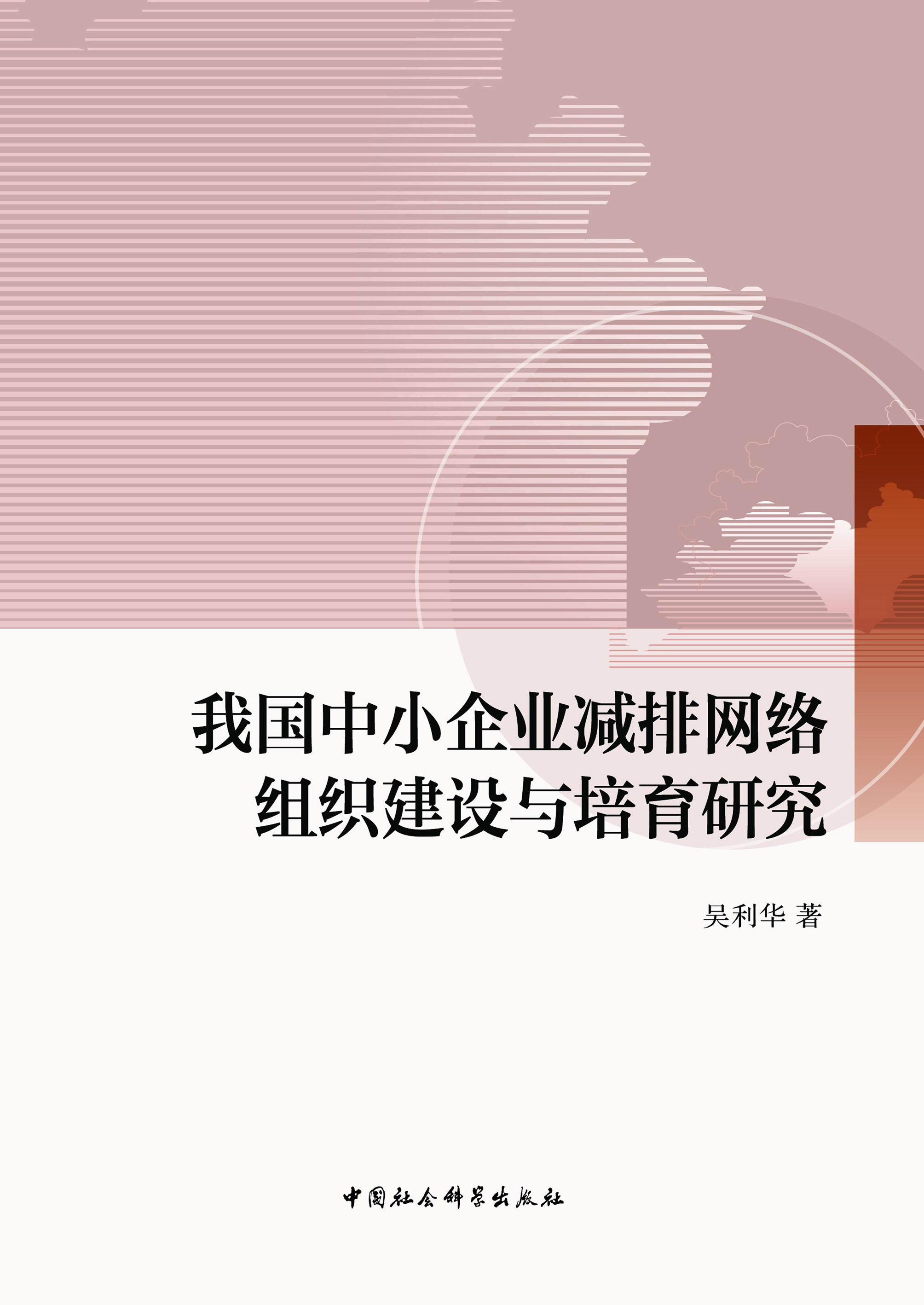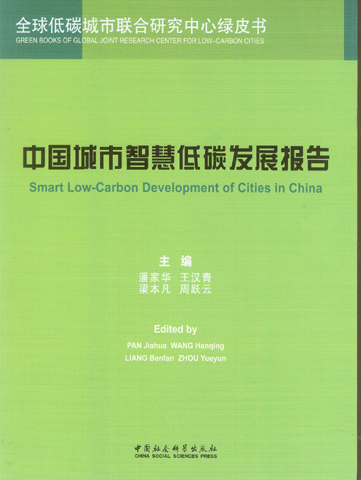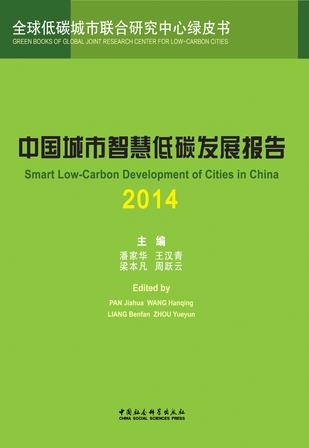内容简介
作者简介
目录
As the global energy market undergoes profound changes and international oil price stays at a record high,energy security is playing an increasingly important role in conditioning Sino-US relations,with bilateral frictions and conflicts over some energy-related regional issues continuing to exacerbate.The fact that a rising China is establishing itself as a major global player in the world energy market as well as in the global energy geo-political arena has been exerting considerable impact on the China-US relationship and global energy security at large.What has been observed demonstrates that energy security,as a new cause for conflicts,has apparently presented itself from the cyclic crises that characterize Sino-US relations.Energy Security has already rendered and will continue to render the complicated and unpredictable Sino-US relations even more so.Chiefly relevant to oil and gas,China's energy security has arisen from the structural deficiency of increasing demand and decreasing supply of clean energy.To ensure its energy security,China has,over the years,conducted a series of diplomatic maneuvers to seek overseas oil and gas in order to diversify its sources of energy.China's active energy diplomacy,as embodied by frequent visits to oil-rich developing countries by top Chinese leaders,converges around its energy strategy of“going out”,which has called world-wide attention and triggered hot debates among Western politicians and academics.Optimists hold that China's pursuit of energy security will help to get China more immersed in the international community,thus obliging China to shoulder greater responsibility in terms of its energy policy and international conduct.Other pessimist analysts argue that China's increasing demand for energy will pose a threat to the United States,a consumer power as thirsty for energy as China,and logically,competition and confrontation between the two countries over scarce energy resources are inevitable.Taking into account that energy security is an overarching and the most recent issue highly likely to effect Sino-US relations and that little systematic research has been made into it,this dissertation attempts to draw up a comprehensive analysis of how the issue of energy security will impact the stable development of Sino-US relations and the international energy security as a whole by examining the likelihood for China and the United States to run into conflicts over energy security,the differences and divergences that might prop up with regard to the formulation of energy security policies and related diplomatic measures on the part of both countries,the characteristic features of Sino-US energy relationship and the possibility for China and the United States to wage energy cooperation.Therefore,a study on this issue is of great academic value and immediate significance.The book analyses the many aspects concerning Sino-US energy relationship from a neutral and unbiased perspective so as to come up with a subjective conclusion.The book consists of an introduction and five parts.The Introduction raises the subject matter at issue,expounds its value for research,illustrates the present state of research into this subject at national and international levels,introduces differing views and conclusions on this issue at home and abroad and studies and compares the merits and demerits of these views and conclusions.Throughout the dissertation,energy security theory is given a salient position.Part One deals with China's energy security policies.The author first analyses the causes for China's energy insecurity and precedes to,applying the Western analytic methodology,look at the relationship between China's energy security perceptions and the actual formulation of its energy policies and detects the deficiency and flaws that exist with the Chinese energy security system.The conclusion is that China's energy security policies can be described as“incomprehensive”as well as“incomplete”,which,as a result,can not be defined as“intended”or“provocative”against the United States.Part Two made up of with chapters two,three and four,serves as a case study in which the strategic importance of energy resources in the Middle East,Africa and the Western Hemisphere to China's energy security and that of the United States and the impact of China's pursuit of energy in these regions on America's energy,economic and strategic interest are fully investigated.The investigations find that China's energy relationship with the aforementioned countries and regions typically is one of classic symbiotic relationships and is the logical development of energy interdependence in economic terms.Yet,in this process,China's pursuit of energy interest in these regions has caused competition with the United States and eventually posed a sort of threat to Washington's strategic goals and national interest,as is show-cased by the declining US influence both politically and diplomatically on such issues as Iran and the Sudan,hence giving rise to energy-related geopolitical conflicts between China and the US.Part Three gives an evaluation of the US energy security policies by outlining the historic development of the US energy security policy with a focus on the energy security policy of the Bush Administration.Emphasis is placed on the factors that regulate policy-making and models policy-making follow.The findings are that the US energy policy can be characterized as disaggregated and incoherent;that the US energy security policy has some positive effects on the global energy security but these effects can not be overrated;that the US energy security policy is generally compatible with but specifically contradictory to its overall foreign policy;that such incomplete compatibility is likely to cast some shadow on China's energy security interest in the long term;and that as a result,the competition and confrontation between China and the US over global energy security have a reason to get more intense.Part Four brings up a definition of the nature of Sino-US energy relationship.The definition is made on the basis of the structural competition of the market,energy security outlook,and the contradictions of each other's energy policies,geo-political frictions and limited bilateral energy cooperation.The definition goes that the nature of the Sino-US energy relationship is competitive although China's energy security policy has not yet posed a real threat to America's major part of national interest.This competition,though indirect and partial at the moment,sees a trend of going direct and full in the future.Under the condition where there is a lack of mutual political trust and a security cooperation mechanism,this trend could ignite more conflicts between the two countries over energy in years to come.Part Five makes prospective analyses by examining the possibility for both sides to run into larger-scale conflicts over energy,reviewing the energy policies of either of the countries,predicting possible readjustment of each other's energy-related foreign policy and exploring ways of formulating measures and creating mechanisms for bilateral energy cooperation.The analyses have come to the conclusion that despite the fact that Sino-US energy interaction is by no means a zero-sum game,the possibility for either side to readjust its energy security policy and energy-related foreign policy to adapt to the other side can be eliminated and that one can not be optimistic about the future of Sino-US energy cooperation because the difficulty for such cooperation is greater than expected.Yet,there seems to be a common ground for both sides to believe that cooperation better serves the interest of all than confrontation over energy,so strategists of both sides are expected to use their superb political wisdom and ability to work out effective measures and mechanisms to lead the bilateral energy cooperation to a smooth and stable road.Both China and the United States are the two biggest players on the international energy markets and will retain their potions as the worlds’largest oil importers far into the future.Therefore,political wisdom,institutional creation,compromise,transcendence of oil and political trust are the fundamentals needed to boost bilateral energy cooperation and build up substantial cooperation mechanisms.Once all the above are put in place as policy focus and policy objectives,they will,most probably,do good to the energy security interest of both countries and the international energy security as a whole and ultimately to the stable development of Sino-US relations.
全部显示∨
Abstract
序言
导论一 问题的提出与选题的意义(一)问题导入
(二)价值和意义
二 国内外研究现状(一)总体研究现状
(二)能源安全与中美关系的研究现状
(三)美国能源战略与政策方面的研究现状
(四)中国能源安全研究现状
(五)西方学者近年来对能源安全与中美关系的研究成果
(六)西方学者分析与研究的不足
三 理论和方法:能源安全理论
第一章 中国能源安全政策第一节 中国能源非安全:问题与根源一 中国能源非安全:理论与分析视角
二 中国能源非安全的根源
三 中国能源非安全中的“美国因素”
第二节 中国能源安全观与能源安全政策一 分析能源安全观或能源安全思想的价值
二 中国的能源安全观
三 中国能源安全政策
第三节 中国能源安全体系存在的问题一 中国能源安全体系的内在机制缺陷
二 中国能源安全体系内在机制缺陷带来的问题
第二章 案例分析(一):中东第一节 中国对中东石油的进口依赖
第二节 中国与中东能源关系的发展一 中国与沙特阿拉伯的石油关系
二 中国与伊朗能源关系
第三节 伊朗核危机与中国能源安全
第四节 中美在中东石油问题上的互动与角逐初显一 中东石油与美国的中东石油政策
二 中国在中东的石油追求对美国的影响
三 中国的中东石油风险与中美关系互动
第三章 案例分析(二):非洲第一节 非洲石油与中国能源安全一 非洲石油资源概述
二 非洲石油对中国石油安全的意义
第二节 中国非洲关系中的能源因素一 能源与资源:中非关系的“润滑剂”
二 中国与非洲能源关系的特点
第三节 中国在非洲的能源追求对美国的影响一 非洲石油与美国能源安全
二 石油与苏丹问题
三 石油对中美关系的其他影响
第四节 关于中国与非洲国家能源关系发展问题的几点思考一 中国在非洲的石油利益——没必要遮遮掩掩
二 石油政治——中国与非洲关系发展的常态问题
三 能源利益、国际责任与中国有关政策的调适问题
第四章 案例分析(三):西半球第一节 西半球石油资源概述
第二节 中国与西半球地区(国家)关系的新内涵一 迅速发展的双边经济政治关系
二 石油:中国—西半球关系的新内涵
三 中国与委内瑞拉的能源关系
第三节 中国在西半球寻求能源对美国的影响一 西半球石油对美国能源安全的战略价值
二 中国在西半球能源领域的存在对美国的影响
第五章 美国能源安全政策第一节 美国能源安全政策一般概述一 美国能源政策:从20世纪50年代到90年代
二 美国能源安全政策的特点
第二节 小布什政府的能源安全政策一 小布什政府能源政策的制定背景
二 小布什“新”能源政策的主要内容
三 对小布什政府能源政策的简单评价
第三节 美国能源政策决策一 美国能源政策决策的决定因素
二 竞争性的理论解释(模式)
三 理论解释(模式)的合理性与不足
第四节 美国能源安全政策评价一 能源独立与减少进口石油依赖
二 市场解决方案与国家干预
三 能源安全政策与外交政策的矛盾与冲突
第六章 中美能源关系:性质分析与界定第一节 石油市场:看得见的手一 中国能源需求对石油市场和油价的影响问题
二 中国“锁定”或“围篱”全球石油资源问题
三 全球石油治理问题
第二节 石油市场:“看不见的手”与结构性竞争
第三节 能源安全观与能源政策的矛盾与冲突
第四节 地缘政治竞争与冲突一 中国的能源安全追求与“问题”国家
二 中国对外能源追求与美国势力影响的关系
三 其他矛盾与冲突
第五节 合作的有限性
结语 超越石油:前景展望与分析结论第一节 前景展望一 中美之间会因能源问题而爆发冲突吗
二 中国的能源安全政策会改弦更张吗
三 美国的能源政策和对华政策会改变吗?
四 中美两国能源合作前景:谨慎乐观
第二节 分析结论
参考书目
后记
该书无电子版哦,想阅读点购买纸书吧,现在还在打折喔(⊙o⊙)
